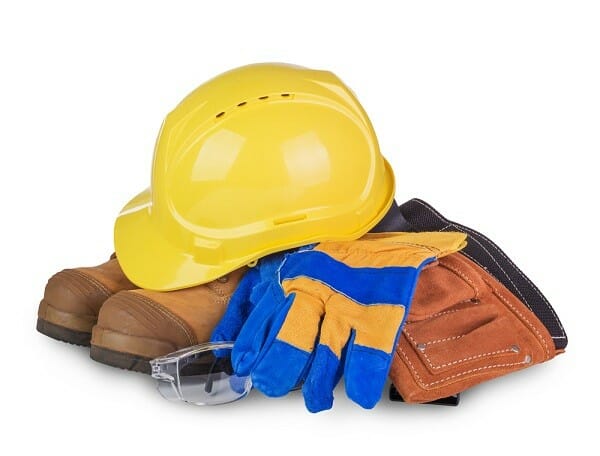Niche Industries You Would Be Surprised the UK Still Has

As people become more aware of economic and environmental issues, many industries no longer exist. However, some niche industries are still thriving today which may surprise you.
Created in the 19th Century, the plastic industry was and still is a growing and innovative force. UK plastics manufacturers are operating at the cutting edge of technology which constitutes an important UK economic strength. The plastics industry in the UK turns over around £27 billion and employs approximately 162,000 people.
Three core sectors make up the plastics industry:
With over 5,800 companies in the UK plastics industry, it’s a niche industry that doesn’t seem to be going anywhere any time soon.
Climate change has been a problem for decades, so, surprisingly, plastic manufacturers would still be thriving. However, one way to tackle plastic pollution is to encourage consumers to continually reuse plastic products for longer and plastic manufacturers are making changes by monitoring energy consumption, waste and water during the plastic manufacturing process.
Leather manufacturing still plays an important role in the manufacturing industry from producing leather to making the final product. As a finished article, leather has always been a sturdy, reliable product, and it still plays an important role in the manufacturing industry today.
However, some would argue that animal-based leather is redundant as there are alternative sources to use when making leather that can be just as good as animal skin.
Leather has been manufactured for thousands of years by extracting water from bark, wood or leaves to preserve an animal’s skin from decay. Leather manufacturing also dates back over 5000 years in Egypt.
Many consider the traditional leather-making process barbaric, as the process usually consists of:
There are currently only a handful of leather manufacturing companies left in the UK due to many realising the unethical processes used.
There has been debate over whether steel is bad for the environment as steel production is highly polluting. It requires large inputs of coke (a sort of coal) which is extremely damaging to the environment. It is one of the last of the niche industries in the UK.
On average, 1.83 tons of CO2 is emitted for every ton of steel produced. This makes steel production a major contributor to global warming.
However, steel manufacturing companies are realising the impact they are having on the earth and are taking steps towards being greener. Steel is fully recyclable, and it’s easy to separate when it’s mixed with other waste materials. It also dissolves at high heat to produce high-quality steel which can save 62% of energy compared to the conventional method.
